-
A Year 2 Vibe Code Showdown: Speech Mark Smash vs Speech Marks Safari
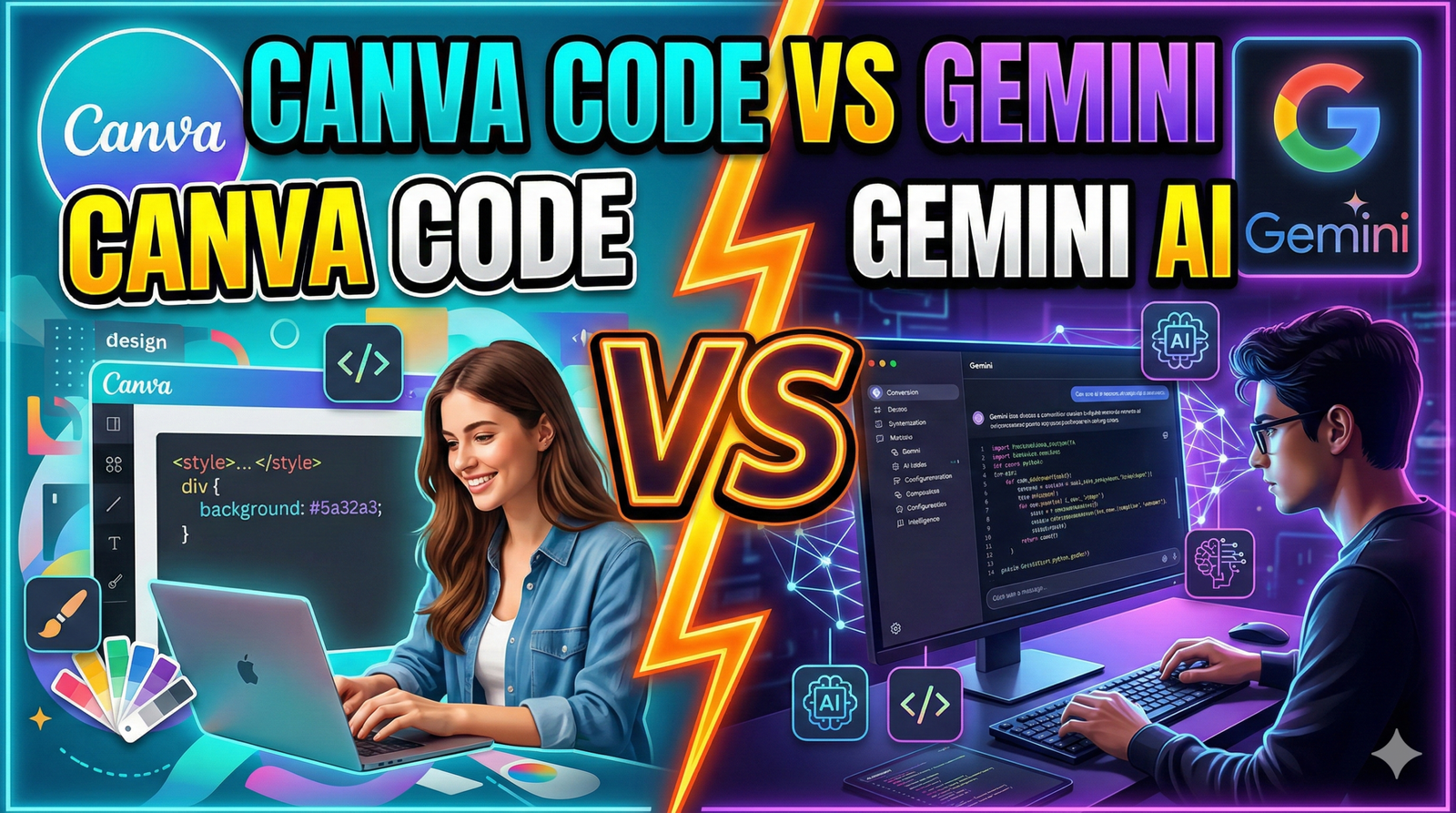
It started, as it often does, with a simple lesson objective: teaching direct speech and speech marks. Teaching my Year 2s means I am constantly looking for ways to make abstract grammar concepts tactile, visual, and, above all, fun. I wanted something punchy for the interactive whiteboard, which could be accessed independently by our early
-
When ChatGPT Moves Into the Living Room
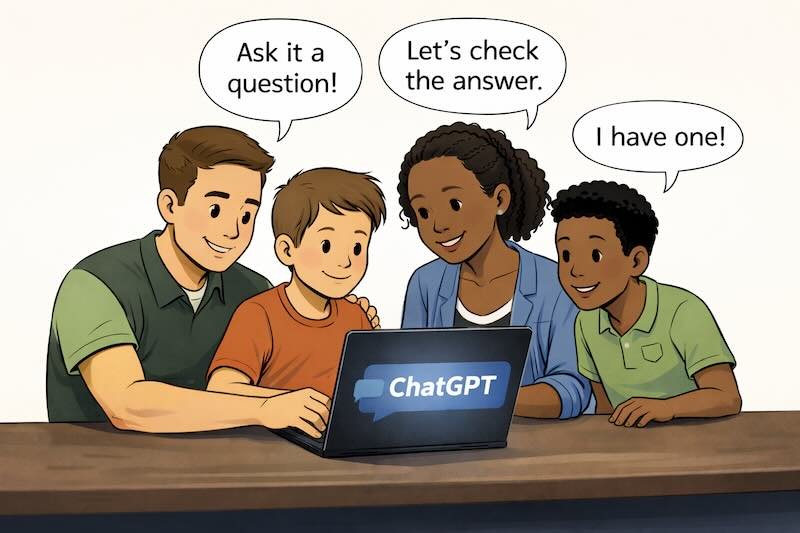
The Surprising Reality of Families Living With Generative AI For all the debate about artificial intelligence in schools, workplaces and governments, one of the most important battlegrounds may already be decided. The family home. A recent study exploring how parents and children actually use generative AI together reveals a reality that challenges almost every assumption
-
Beyond the Console: Asha Sharma Becomes One of Computing’s Most Visible New Role Models

Microsoft has appointed Asha Sharma as Executive Vice President and CEO of Microsoft Gaming, reporting directly to Satya Nadella as Xbox approaches its 25th anniversary. It is a major leadership transition for one of the world’s largest creative technology platforms, and an important moment for representation within computing and game development. Microsoft Gaming now spans
-
Antigravity Agent Security: The Complete Guide

Antigravity is an agentic development environment designed to work alongside you as an active collaborator rather than a passive code assistant. Unlike traditional AI tools that only generate snippets of text or suggest small edits, Antigravity can read and modify files in your project, run terminal commands, and access external resources on the web. This
-
When AI Video Looks Real: Why Google Flow Needs Extra Safeguarding in Schools
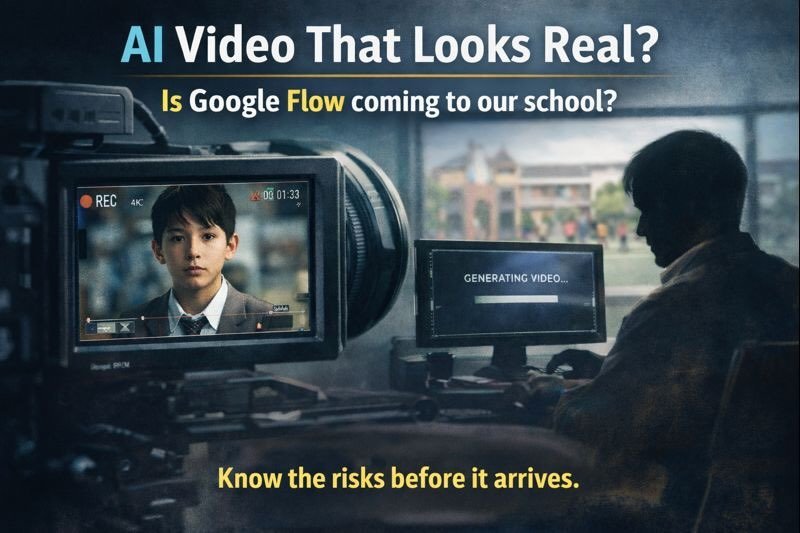
Google Flow creates cinematic video that can be almost indistinguishable from real footage. As tools like this move closer to classroom use, schools need to understand why video realism changes the safeguarding risk profile and why clear boundaries must be set before students ever gain access. TL;DR for SLT: If students can access Google Flow,
-
Using Chrome Site Search with Google Sites

Google Chrome includes a feature that allows you to search specific websites directly from the address bar. This is useful when working with large Google Sites, such as school portals, project hubs, or curriculum websites, where using a full Google search can be slow or distracting. This feature is set up through Chrome’s site search
-
UK’s Double edged sword of technology (BETT 2026)

The Education Secretary used her Bett UK Conference speech to set out an ambitious but cautious vision for the role of AI and EdTech in education. She highlighted how AI can support inclusion and personalised learning, illustrated through the example of a specialist teaching assistant using AI to better support Deaf pupils and learners with
-
From Correlation to Causation: What the New Evidence Says About Social Media and Teen Mental Health

For many years, the debate about social media and teen mental health has centred on one key issue: correlation versus causation. While large-scale studies showed that increased social media use was linked with higher levels of anxiety, depression, and self-harm among teenagers, critics argued that this did not prove social media was the cause. That
-
Vibe Coding Did Not Kill Coding. It Made It Essential.

Vibe coding is an unbelievable accelerator. Over the Christmas holidays, I built an app that I would previously have estimated would take a full year. That speed-up is real, and it is exciting. But this is not a story about how nobody needs to learn to code anymore. In fact, it is the opposite. Vibe
-
Two AI tools for teachers: different strengths, different uses

New AI tools are increasingly able to build small interactive experiences or automate everyday tasks without requiring any programming. For teachers, this opens up two very different but equally useful possibilities: improving what students see and interact with in lessons, and reducing the time spent on preparation and administration. These are much easier to use
-
Getting the most from the school IT budget
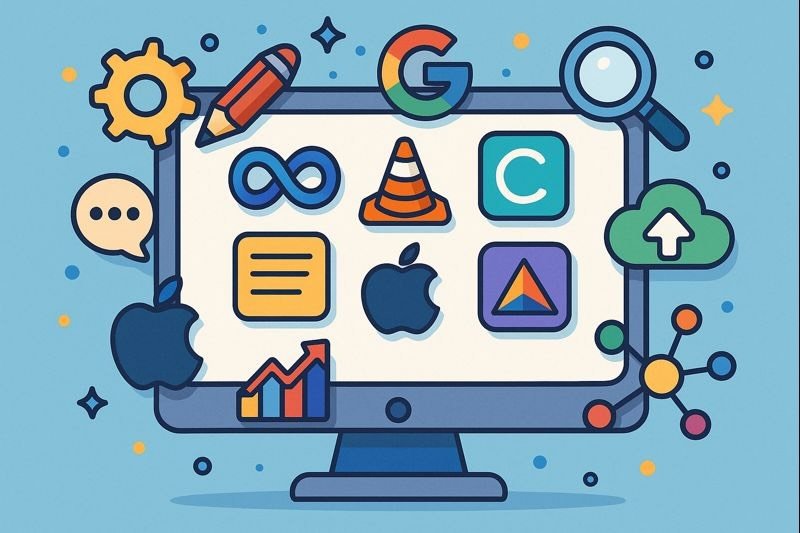
There are many high-quality digital tools available to teachers at no cost, yet many remain underused. These tools can support lesson planning, teaching, assessment, creativity, and professional development without placing additional strain on school budgets. Quick checklist: free tools for teachers 1) Design and classroom resources Affinity offers professional-grade creative software that is free for
-
Urgent privacy alert: Lovable may no longer keep projects private

Educators using AI or no-code platforms should review their project privacy settings immediately following apparent recent changes affecting how “private” projects are handled. Educators increasingly use AI-powered and no-code tools to prototype lessons, build internal resources, and support student learning. Recent user reports and inspection of the Lovable platform, however, suggest a significant change to
-
Your First ScratchJr Holiday Treat: Unwrapping the Ready, Set, Compute Christmas Project!
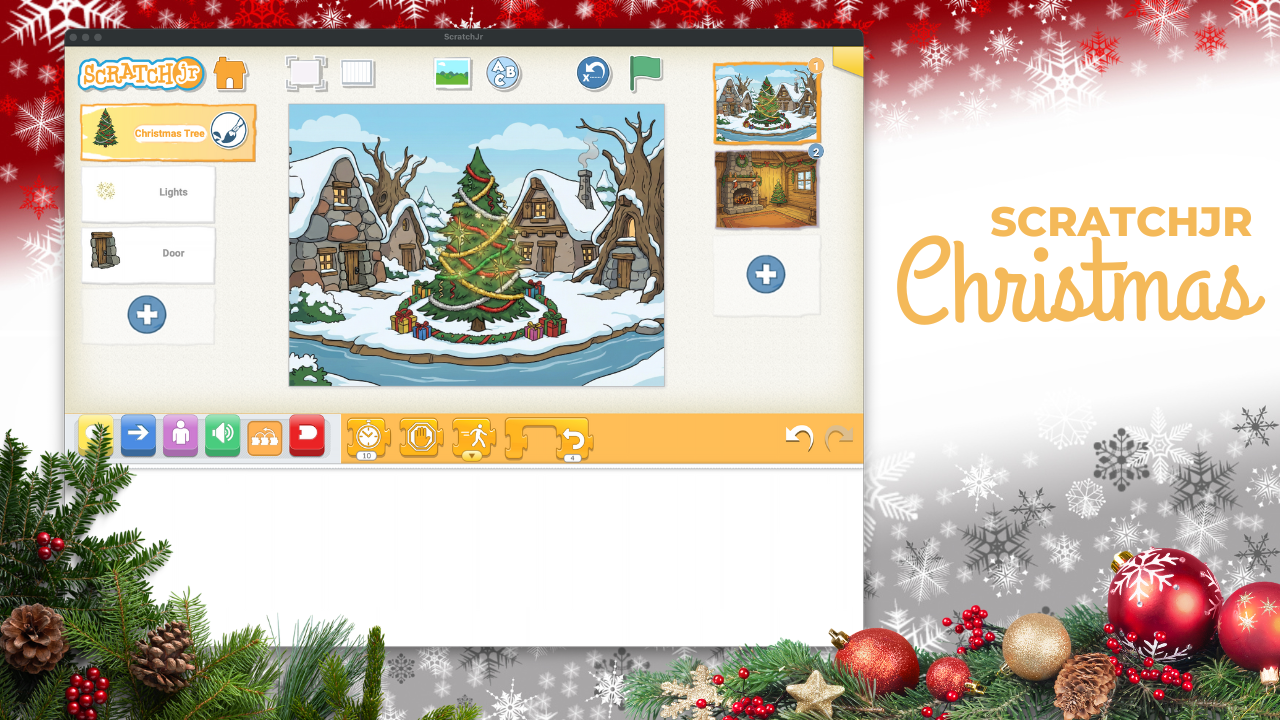
Ho ho ho, aspiring coders, seasoned hackers, and festive educators! The holidays are upon us and nearly here, and we’ve got a fantastic, cozy project for you to play around with in ScratchJr. This isn’t just any project, it’s your first full Ready, Set, Compute coding adventure, packed with custom assets and ready-to-learn concepts. Think of this project as a perfect, pre-wrapped gift waiting
-
Advent Calendar 2025

Wishing you a wonderful and joyous season from Ready Set Compute! See all the cool surprises as we move up to Christmas! Author James Abela View all posts
-
Our Five Favourite Hour of AI Activities

The Hour of AI collection brings together a wide mix of activities designed to help students explore artificial intelligence in a simple, hands-on way. After giving them a go, these five stood out. Each one offers something a little different, from game-based problem solving to creative coding and real-world AI exploration. 1. AI Quests (Google)
AI antigravity app design bias Canva ChatGPT child protection China CO2 coaching computationalthinking critical thinking csforall curriculum cybersecurity Digital Citizenship early year environment escape room Ethic ethics FOLSEA future careers Gemini GForms Google IBDip Microsoft Online Safety OUP PSHE Python Raspberry Pi resilience robotics role model Scratch sorting Spreadsheets synaptic strengthening TED training unplugged vibe coding xbox
